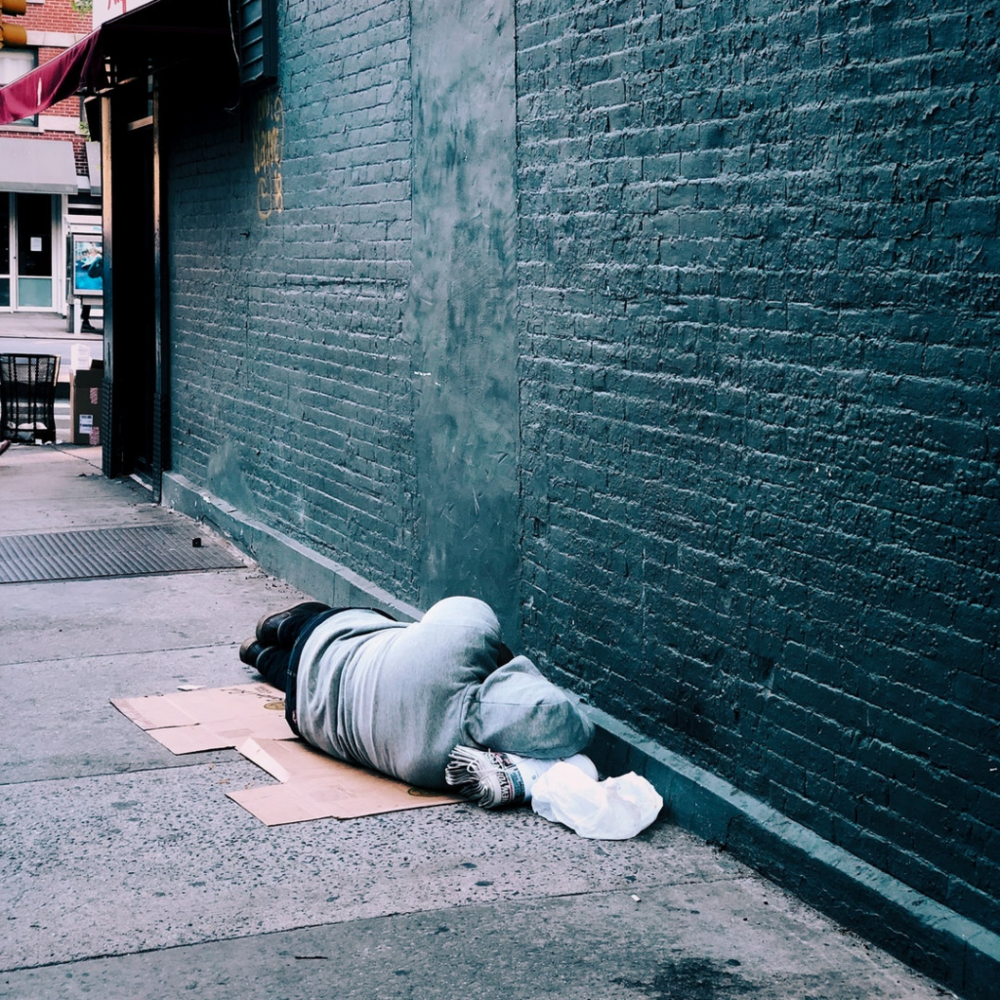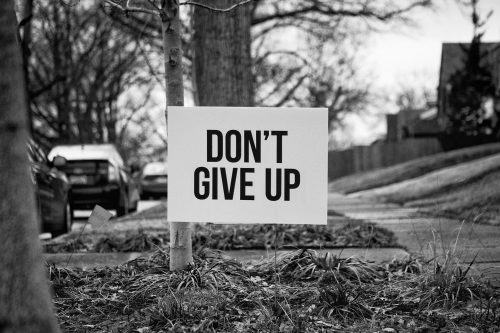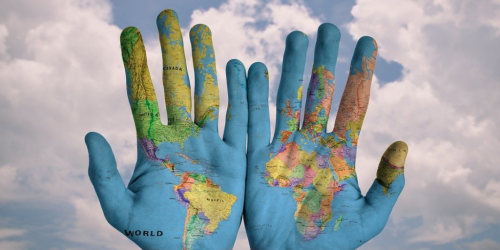
How can we help people who are experiencing homelessness?
According to the 2017 Annual Homelessness Assessment Report to Congress, on any given night, there are an estimated 553,742 people experiencing homelessness in the United States. This means that in the general population, there are 17 people out of every 10,000 that are experiencing homelessness. Yet, the statistics aren’t necessarily what is important, as much as the way that I see, in my own community, how the people who are experiencing homelessness can often be misunderstood, profiled, and judged based entirely on their circumstances.
My boyfriend and I were turning into the grocery store parking lot when we spotted Rebecca.
She was in a wheelchair, holding a cardboard sign saying “Anything Helps.”
I am sure almost everyone who reads this can recall a moment when you saw someone, like Rebecca, holding a similar sign. We wanted to help Rebecca. We were in college at the time; we were broke. But we certainly were not homeless, and we knew that we had to do something. On our way out of the grocery store, we bought a gift card. We put our groceries in the car, and walked toward Rebecca, and we introduced ourselves. Rebecca received our gift, she thanked us, and I am sure that she expected us to move along. But we lingered because we wanted to do more. We wanted to make Rebecca feel seen. We wanted to listen to her story, if she was willing to share it with us.
Spending ten minutes listening to Rebecca tell her story was the first of many encounters that we have had with people who are experiencing homelessness. Taking the time to listen, rather than speak, and seek, rather than ignore, has been one of the most eye-opening things that I have ever done.
When we look at a person experiencing homelessness, what do we assume?
I have asked such persons what others assume about them, and words that came up were “dirty”, “unclean”, “lazy”, “unwanted”, “worthless”, and “substance abuser”. I know that this is a difficult topic. I know that everyone has an opinion about people experiencing homelessness. And I also know that people who are actually experiencing homelessness have an opinion too, and it matters. It matters just as much as yours or mine. And I believe this is something that often gets overlooked when we see the Rebecca’s in our world and we assume how that person came to be in the situation that they are in, perhaps correctly, perhaps incorrectly.
But no matter what our own assumptions are about someone, that person has every right to tell their story, and for their story to be heard. I think it can be easy to see someone who is in a difficult circumstance, and do nothing. But when I see that number (553,742), I know that we can make a difference. And it all starts with a conversation, and listening to what someone has to say. Here are some simple ways that you can make a difference for the people experiencing homelessness in your community.
Educate yourself. A great place to start is by checking out endhomelessness.org. They have incredibly insightful articles about what causes homelessness, who experiences homelessness, and how to bring homelessness to an end.
Keep $5 in the console of your car. I made a commitment to myself to do this, to the best of my ability, and give it to a person experiencing homelessness. Once I give it away, I replenish the $5 to be ready to give to the next person.
Bring up the topic of homelessness to your friends, and ask them what they think about it, and why. Having dialogue about hard topics is one of the key ways to facilitate change.
Volunteer with an organization that is dedicated to ending homelessness. A good resource to explore organizations is nationalhomeless.org














